After I die, if I am buried I will rot. If I am burnt, I will become ash but if my body is donated I will live to give life and happiness to many. Live life after death – pledge to donate your body ― Amit Abraham
Deliberating on how we could spread the awareness on organ donation a few months ago, we decided to reach out to the heartland of India. We decided to conduct a pilot project by visiting 5 villages in partnership with SIU (Scope, SIT, and SIHS).
Doubting Thomas es inside started playing mind games and got the better of us as we began wondering how it would all pan out. The mind kept drifting from one question to another like what if the Gram Panchayat did not support the idea? What if the villagers weren’t willing to talk about it? Would there be more talks about myths than facts? Would volunteers be willing to work in peak summer heat with the same energy levels? Questions, questions and more questions kept racing in each of the team members’ minds but we decided to take the plunge headlong.
The results we derived at those 5 villages were astounding. The results reinforced the idea that it not just high education that makes a person well informed, life experiences can also do similar work and maybe better too.
The key takeaways were:
- If the approach is right then people are willing to listen – As soon as the people came to know that we just wanted to talk and disseminate information that could potentially save lives, they were willing to listen
- Involving a few local people – The locals have a better connect with their own people be it an Ashatai or any other local person. The local presence brought in an element of trust and people were much open to talking as well as listening.
- Age is but a number – Be it the youth or the senior citizen, it didn’t really matter. We went hopping from schools to temples not to mention door to door visits, but the common experience was that people were curious and wanted to know more
- Organs could only be donated after death – This was a popular misconception as they thought organ donation is only post death
- Importance of road safety – We emphasised on the need to follow road safety rules especially wearing helmets to avoid brain injury and thus in worst case brain death. We saw lots of heads nodding in agreement with us
- The bane of black marketing came up glaringly – the most frequently asked question was how would someone ensure that there would be no buying and selling of organs? It took some convincing but the process of the waiting list, when explained and live donation primarily within family, did go down well with them.
- Personal Interaction – it was much easier to engage with them when we visited their homes or hamlets. The respect that was given reflected in the respect received.
- Volunteers felt engaged too – As we went home to home, one village to another, the volunteers felt motivated and engaged. The smiles, invitations to have tea or water said it all.
Armed with this amazing knowledge of don’t get people to one place, go where they are, we now plan to embark on a journey where we can reach out to many more villages and engage millions of fellow Indians. India’s soul lies in the villages. We have just tested the pulse and want to feel it better.
For more information on Organ donation, please visit our website – www.igiftlife.com or send a simple Hi to our WhatsApp number 9011032370

